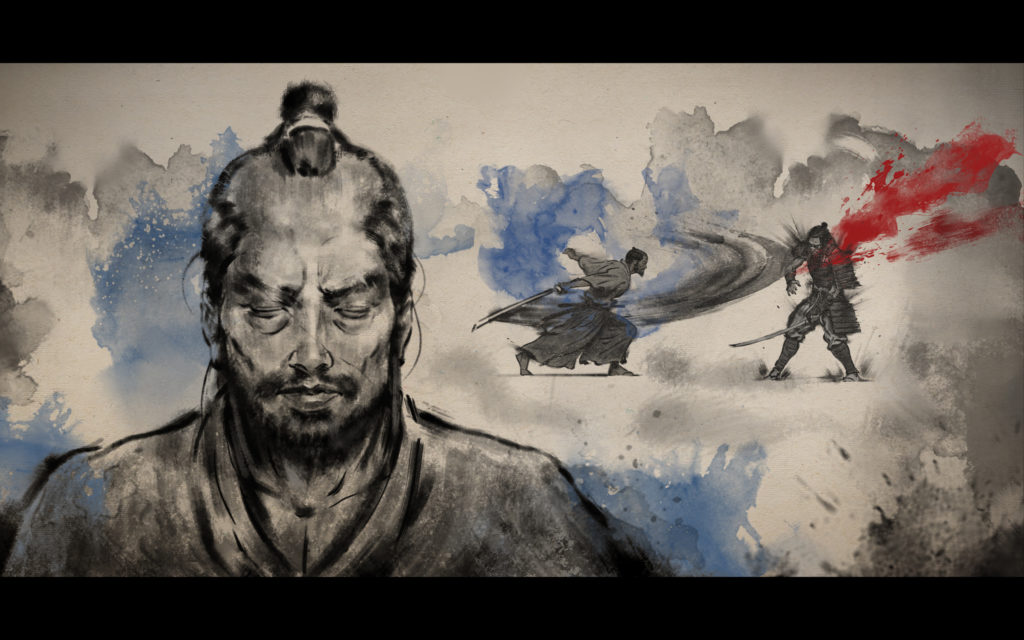
Samurai were required to be physically strong to perform effectively in combat. However, mental strength was just as essential as physical strength. Meditation and zen were integral parts of the samurai lifestyle designed to help warriors develop mental fortitude.
In Tale of Ronin, this focus on the mind of a samurai is reflected in the skills and abilities available to the player. Additionally, the game features a “Mind” resource that directly ties into this concept. Each playable ronin begins the game with a set value of “Mind,” which can change as the character interacts with the game world.
A high “Mind” value indicates that the ronin is mentally prepared and has a heightened sense of awareness and focus. A low value means the ronin is easily distracted, anxious, and unable to focus. This translates to lowered accuracy in battle. To reflect this, combat in Tale of Ronin is turn-based and accuracy is critical.
Various encounters and events have the potential to increase or decrease the player’s “Mind” value. For instance, getting into an argument with a government soldier who is preventing the ronin from entering a region. The player needs to consider that some dialog choices can affect the “Mind” value. It is important to keep the playable ronin in a good mental state.
It’s possible to manage “Mind” values through meditation and other activities. However, there’s always a risk of failing—or being interrupted.
One source that has always inspired us regarding the mental aspect of sword fighting is the writing of the famous Zen monk, Takuan Soho. His book titled “The Unfettered Mind” is particularly relevant. In this book, Takuan describes the value of a mind that is not bound to any idea or emotion, a mind that constantly flows like a little bird. We will end this post with one of his quotes:
“The mind must always be in the state of ‘flowing,’ for when it stops anywhere that means the flow is interrupted and it is this interruption that is injurious to the well-being of the mind. In the case of the swordsman, it means death.”
— Takuan Soho, The Unfettered Mind